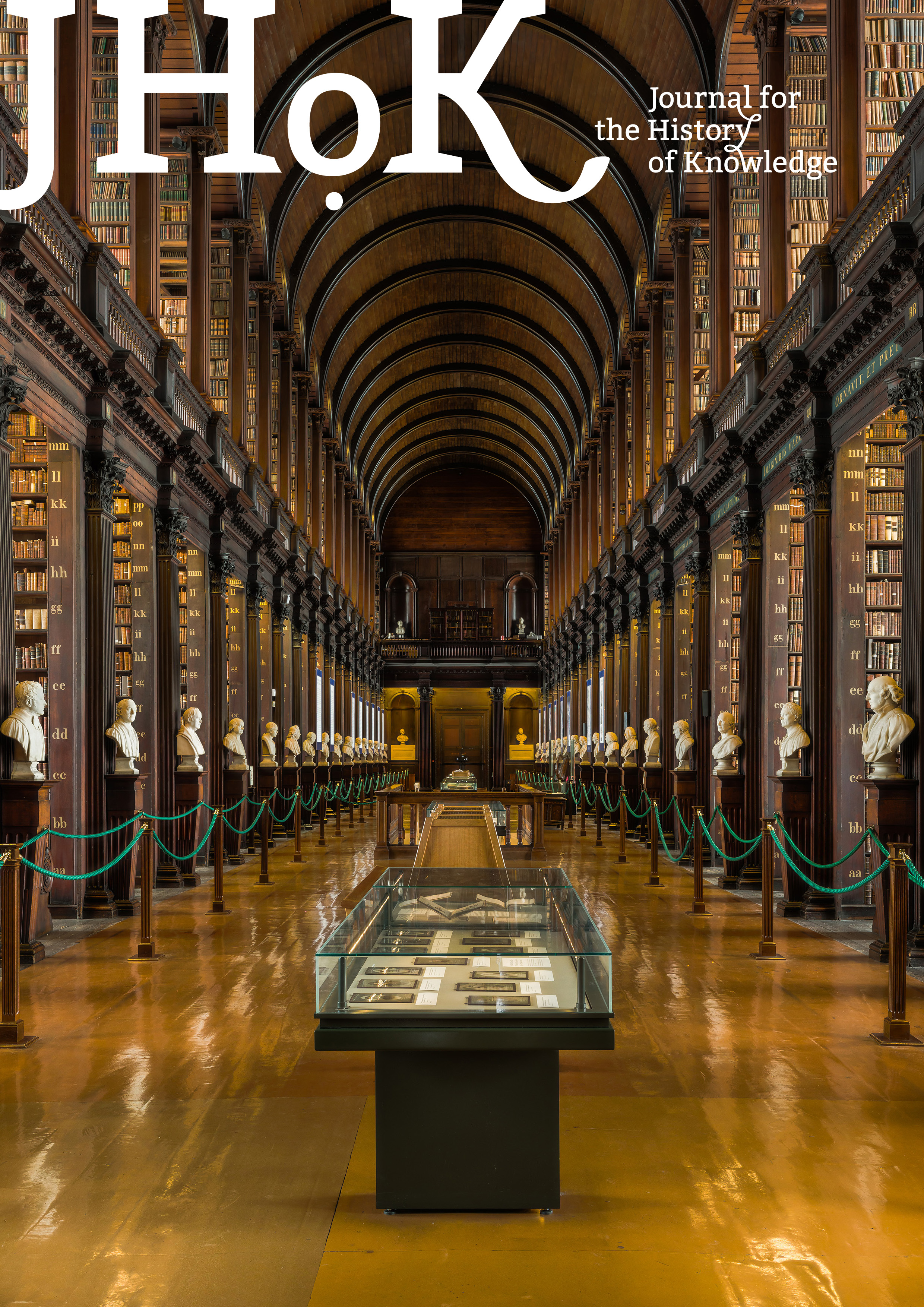A Crisis of Competence: Information, Corruption, and Knowledge about the Decline of the Qing State
DOI:
https://doi.org/10.5334/jhk.11Abstract
This article elaborates on the claim of this special issue that “bureaucratic actions” are “knowledge practices” that have “the power to both make and break social and material worlds” to question the standard assumption that the Qing state became increasingly corrupt over the course of the long nineteenth century. It examines the evolution of the Qing information regime in one field—prison administration—to elucidate the relationship between information about the Qing state and knowledge of it. By reviewing how processes of enhanced reporting led to greater regulation and scrutiny, the first portion of this article argues that reporting processes that have seemed (both to Qing actors and historians) to be straightforward requests for information led over time to subtle but profound shifts in the epistemological and administrative foundations of the Qing state. It then demonstrates how Qing actors themselves engaged in discourses of corruption that eventually evolved into revolutionary critique and, finally, historiographical commonplace. The article concludes with the suggestion that although an abundance of information about the rise of corruption throughout the Qing administration appears from the middle of the eighteenth century onward, neither historians nor Qing actors themselves have distinguished between the growth of information alone and the growth of corruption itself.



